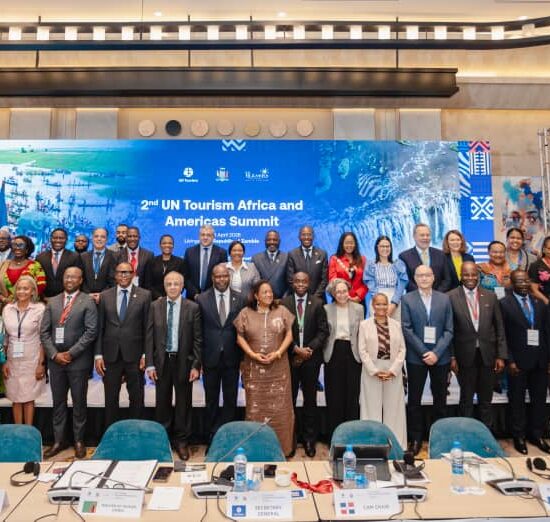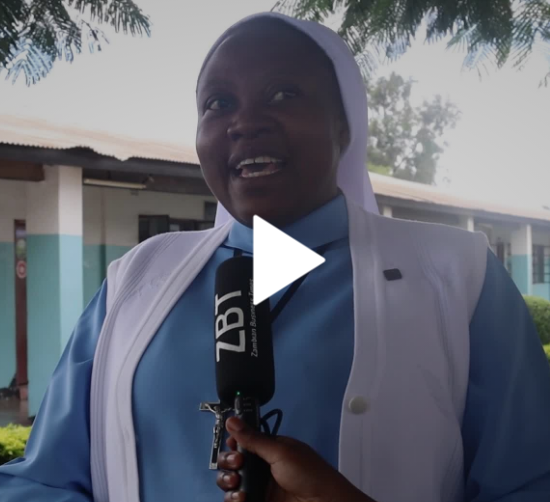
National Institute of Public Administration (NIPA) and Smart Zambia Institute (SZI) have signed a Memorandum of Understanding (MOU) to improve Information Communication Technology (ICTs) infrastructure, which will directly translate into Zambia enjoying some of the benefits of the globalised economy.
NIPA Executive Director Prof. Royson Mukwena said training of public sector employees, the private sector and the general citizenry is an investment in human capital and contributes to sustainable industrial development.
Mukwena said NIPA agrees with Smart Zambia’s goals to build capacity in the country’s local human resource in the areas of ICTs so that the nation cuts down on expenditure spent to hire foreign expertise to respond to the country’s ICTs infrastructural requirements.
Speaking during the signing ceremony, which took place at Government Complex in Lusaka at the SZI Office today, he said ICTs will make the public sector more responsive and adaptive to global trends.
He also said the MoU would contribute to incorporation of ICTS in the area of Climate Studies and Disaster mitigation at NIPA, citizens’ capacity building in ICTS, capacity building and training of public service employees in ICTS and ICT consultancy at higher level to ministries, provinces and other spending agencies (MPSAS) and other institutions.
He said it would also contribute to scientific and applied research including software and system development projects, workshops/seminars and community service, internship/industrial placement, exchange and sharing of study reports and sourcing masters and doctoral scholarship and fellowship in e-government and computer/it fields and others.
Speaking at the same function, Smart Zambia Institute National Coordinator, who is also Deputy Secretary to the Cabinet, Dr. Martine Mtonga said improving ICTs infrastructure is an effective and efficient way of running the country’s economy.
He added that digitalisation of the economy promotes the livelihoods of citizens at various levels of society.
He also noted that the MoU between the two institutions was timely as it was a mode of closing up the existing digital divide in the country and ensure optimal usage of ICTs and e-Services by the Citizens.
“Through the development and implementation of the Government Service Bus (GSB), Government through SMART Zambia Institute provides an opportunity for Citizens to access government services effortlessly and in a more effective and efficient manner and therefore spurring social economic development for the citizens and the nation, he said.”







